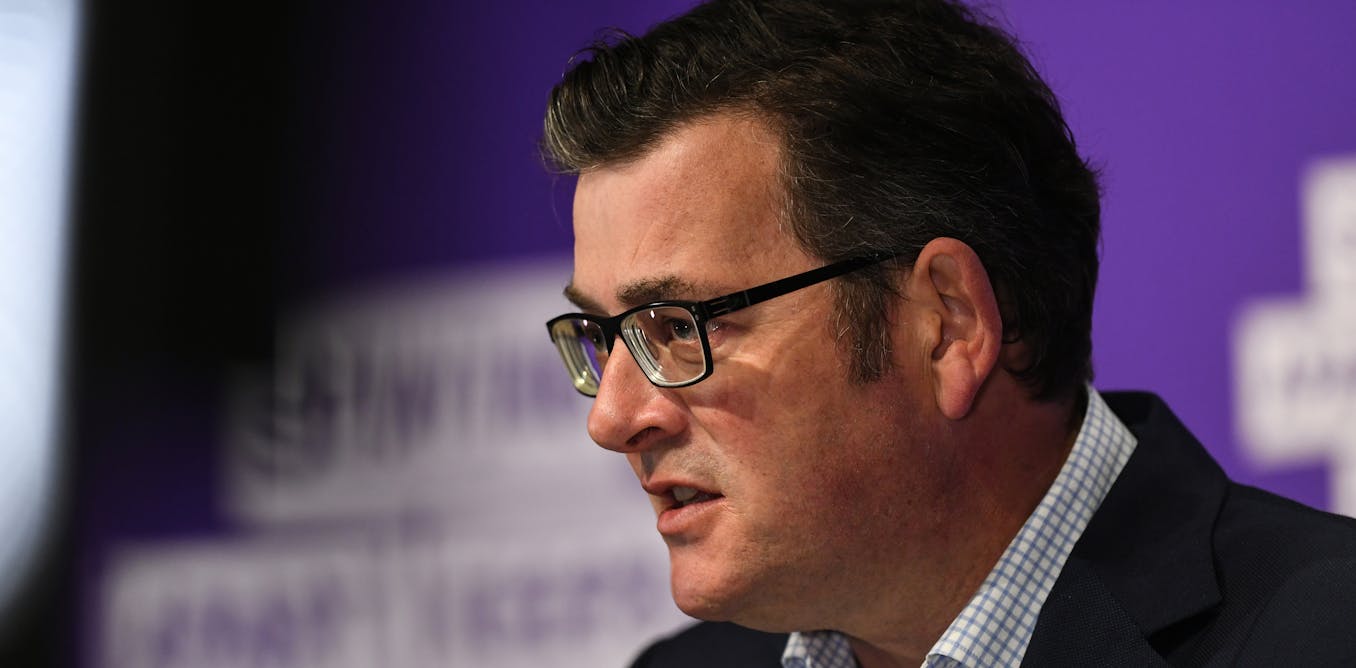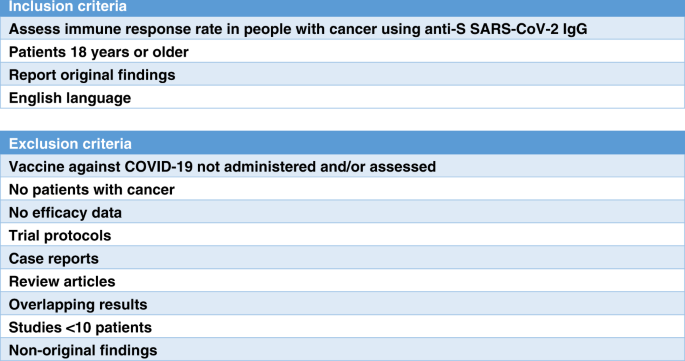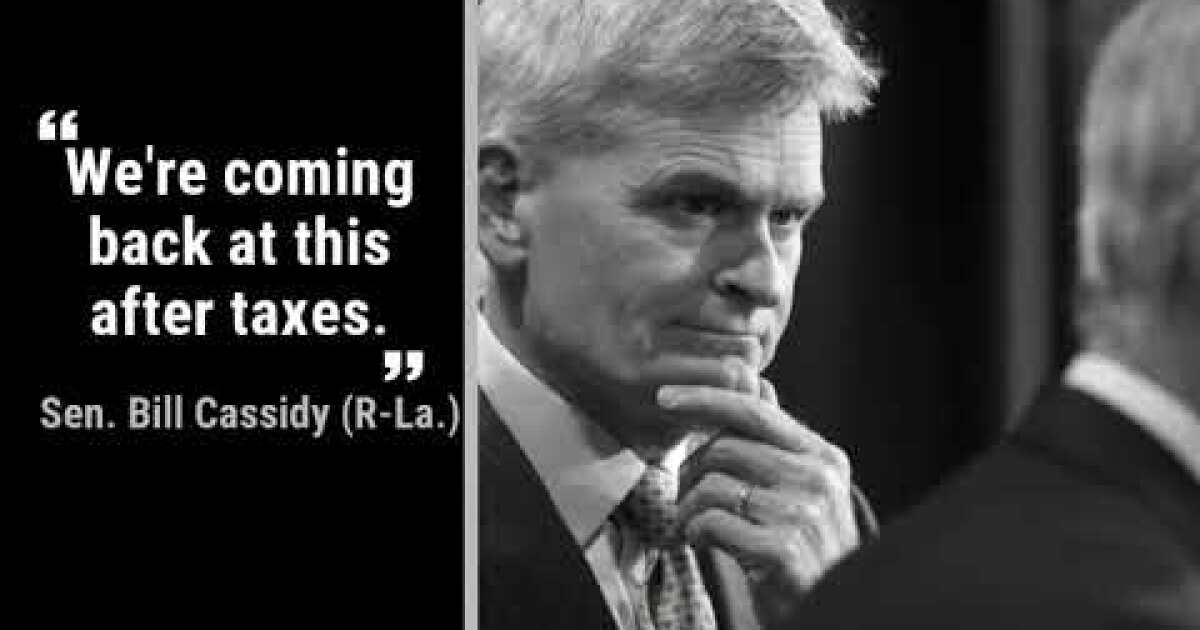
- Select a language for the TTS:
- UK English Female
- UK English Male
- US English Female
- US English Male
- Australian Female
- Australian Male
- Language selected: (auto detect) - EN
Play all audios:
Canada's Prime Minister Justin Trudeau speaks during a press conference following a meeting of provincial and territorial leaders in Ottawa, Ontario, Canada Jan. 15, 2025. Blair Gable
| Reuters Canada's Prime Minister Justin Trudeau announced Saturday night that his country would respond to President Donald Trump's decision to enact a 25% tariff on Canadian
exports to the U.S. by implementing a 25% tariff against $155 billion in U.S. goods. Trudeau did not specify whether the $155 billion in American goods was the products' worth in
Canadian or U.S. dollars. $155 billion in Canadian dollars would be about $106 billion in U.S. dollars. MORE FROM NBC NEWS: All 3 on board Black Hawk that collided with American Eagle jet
identified Tulsi Gabbard faces growing concern about her nomination after a tough confirmation hearing Senior FBI official forcefully resisted Trump administration firings Trudeau's
comments came just hours after Trump signed an executive order implementing tariffs on goods from Canada, Mexico and China. Trump's order implemented a 25% tariff on imports from Mexico
and Canada — excluding Canadian energy products, which would face a 10% tariff. He also implemented an additional 10% tariff on imports from China. Trudeau said during the Saturday evening
press conference that the tariffs on American goods include "immediate tariffs on $30 billion worth of goods as of Tuesday," the day the U.S. is set to begin collecting tariffs on
Canadian goods. He said that the rest of the tariffs will come in about three weeks "to allow Canadian companies and supply chains to seek to find alternatives." READ MORE CNBC
TARIFFS COVERAGE * Trump tariffs on Canada, Mexico and China begin Saturday, White House says * Here's what Trump's tariff threats look like on the ground in China * Trump's
threat for 25% tariffs on Mexico and Canada is challenging the auto industry * Inside the planning for Trump's new tariffs war, from the biggest company to the smallest family business
"Like the American tariffs, our response will also be far reaching and include everyday items such as American beer, wine and bourbon, fruits and fruit juices, including orange juice,
along with vegetables, perfume, clothing and shoes," Trudeau said. "It'll include major consumer products like household appliances, furniture and sports equipment, and
materials like lumber and plastics, along with much, much more." Trudeau emphasized the long history of the U.S.-Canada alliance and argued that "if President Trump wants to usher
in a new 'golden age' for the United States, the better path is to partner with Canada, not to punish us." The prime minister directly addressed Americans, saying that
Trump's move "will have real consequences for you, the American people." He also encouraged Canadians to think about ways to "do your part," such as opting for
Canadian-made products over American-made products at stores and changing summer vacation plans to stay in Canada. The White House did not immediately respond to a request for comment on
Trudeau's announcement. Canada may not be alone in enacting reciprocal tariffs. Mexican President Claudia Sheinbaum said in Spanish in a post to X that she instructed her secretary of
the economy "to implement the Plan B we have been working on, which includes tariff and non-tariff measures in defense of Mexico's interests." Sheinbaum also slammed the
tariffs, saying in the post to X, "We categorically reject the White House's slander of the Government of Mexico alleging alliances with criminal organizations, as well as any
intention to interfere in our territory." "Mexico not only does not want fentanyl to reach the United States, it does not want it to reach anywhere," she added in Spanish.
"Therefore, if the United States wants to combat the criminal groups that traffic drugs and generate violence, we must work together in a comprehensive manner, but always under the
principles of shared responsibility, mutual trust, collaboration and above all, respect for sovereignty, which is non-negotiable," she added. "Coordination, yes; subordination,
no." The Chinese Ministry of Commerce said in a statement that China would file a lawsuit with the World Trade Organization "and take necessary countermeasures to firmly safeguard
its rights and interests." "China calls on the U.S. to correct its mistakes, work toward mutual understanding, engage in candid dialogue, strengthen cooperation, and manage
differences on the basis of equality, mutual benefit, and mutual respect," the statement continued. Neither the Chinese embassy in the U.S. nor China's Ministry of Foreign Affairs
immediately responded to requests for comment Saturday evening. China's Foreign Ministry spokesperson Mao Ning said during a press briefing earlier this week that "China has given
support to the U.S.'s response to the fentanyl issue in the spirit of humanity and goodwill, and conducted counternarcotics cooperation with the U.S. side in a broad-based and in-depth
way." "The achievements we have made are there for all to see," Mao continued, according to the Chinese government transcript. "We hope the U.S. will work to continue the
hard-won positive dynamics in the counternarcotics cooperation." Tit-for-tat tariff announcements from international leaders could rock prices for consumers both in the U.S. and
abroad, impacting the costs of items like food, electronics and cars. In a post to Truth Social, Trump attributed his move to "the major threat of illegal aliens and deadly drugs
killing our Citizens, including fentanyl." The vast majority of fentanyl seized by U.S. Customs and Border Protection has happened along the southern border, not the northern border,
according to a public dashboard from the federal agency. China, Mexico and Canada are the top three suppliers of imports to the U.S., according to the Office of the U.S. Trade
Representative. Mexico and Canada are U.S. allies and have long had steady economic relationships with the U.S. Trump's executive order came after he promised in November to issue
tariffs on goods coming from the three countries. During his campaign, Trump said that he would impose a blanket tariff of up to 20% on imports from other nations and set at least a 60%
tariff on Chinese products. Trump imposed tariffs on China during his first term, resulting in the two countries adding retaliatory tariffs on each other in what became dubbed a "trade
war." Experts have warned that another series of tariffs could ripple beyond the economy, potentially impacting national security and health initiatives between the two countries.







